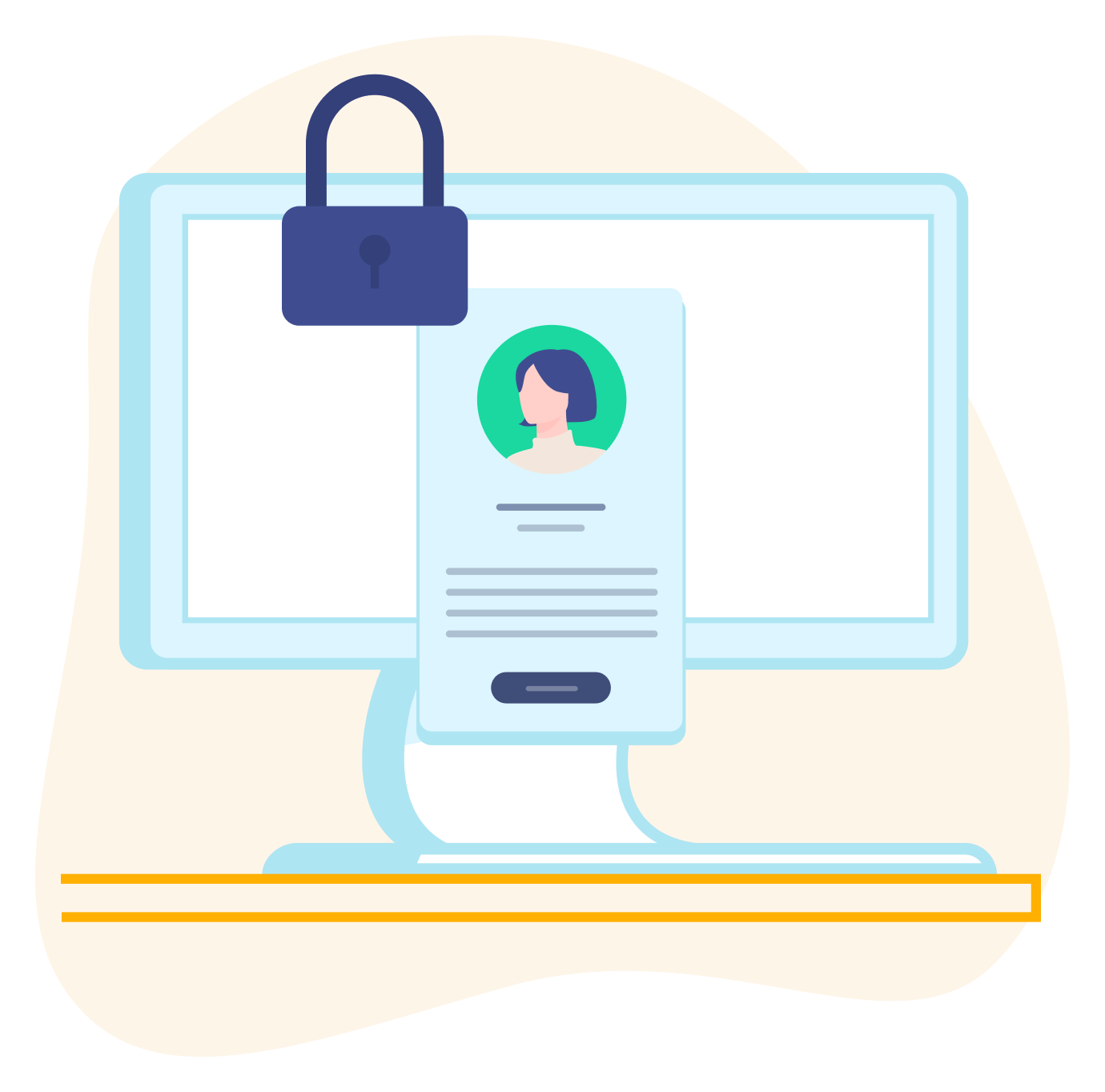“When I grow up, I want to be a privacy analyst!” It’s unlikely these words came out of your mouth as a child. But then again, maybe it’s because 10-year-old you didn’t know just how cool a career as a privacy analyst could be.
That’s right, we said cool. Well, maybe not Miles Davis-levels of cool, but a career as a privacy analyst is rewarding and fulfilling, at the very least.
A privacy analyst plays a key role in overseeing an organization’s privacy practices, ensuring adherence to privacy laws and regulations. Their expertise helps prevent data breaches and maintain consumer trust, while bridging the gap between legal and compliance, technology, and responsible data management.
Now, let’s get into what a typical day looks like for a privacy analyst, what salary you could expect, and what qualifications are required.
A Day in the Life of a Privacy Analyst
A privacy analyst’s day may vary depending on their experience level and the type of company they work for, its sector, and size. Here are some common responsibilities:
- Develop and maintain privacy policies aligned with legal and industry standards, while also monitoring changes in privacy legislation and updating company policies as needed.
- Complete privacy risk assessments and audits to ensure compliance with laws and regulations, and recommend risk mitigation strategies.
- Examine any privacy incidents with legal partners, and work with the communications team on necessary messaging.
- Collaborate with technology teams to integrate data protection into operations.
- Advise on privacy practices for new product launches, and ensure any third-party vendors are in compliance with privacy standards.
- Train employees across the organization on privacy, data handling, and breach response, and create training materials to enhance awareness of privacy risks.
Reporting structure and cross-team collaboration will largely depend on the size of the organization. You may report to a Chief Information Security Officer (CISO, data privacy manager, or Data Protection Officer (DPO), depending on your company’s structure, and collaboration with IT, legal, compliance, marketing, and human resources may be required to ensure comprehensive privacy strategies.
The work environment is typically a structured and professional office, or you may have the opportunity to work remotely. Your location is likely to impact your salary, which we’ll get into next.
How Much Do Privacy Analysts Make?
According to Indeed, a privacy analyst in the United States has an average base salary of $124,399 per year. The salary range listed is from $58,738 to $263,459. How much you make at your organization is going to depend on your location, industry, experience, education level, and whether you have privacy certifications.
A privacy analyst typically has good potential for career growth within their organization, too. Often, a privacy analyst will be promoted to a senior privacy analyst, then privacy manager or privacy officer, and some will even have the opportunity to advance to chief privacy officer or DPO.
How Do You Become a Privacy Analyst?
Let’s start with education. A privacy analyst is typically expected to have a bachelor’s degree or higher. Often, privacy analysts pursue a degree in computer science, information systems, law, or business administration.
You’ll need to have a strong understanding of privacy laws and regulations, which may include the GDPR, CCPA, and HIPAA, depending on the industry and sector you work in.
Technical skills are also desired, as most organizations store their data within a computer network and databases. Some privacy analysts will also be required to have proficiency in certain data analysis tools and techniques, like Structured Query Language (SQL).
Since you’re likely to be in a collaborative role, strong communication skills will also help you land a privacy analyst gig. You may be working across various teams and departments, which means you’ll not only need to learn to speak the language of privacy laws, but also translate it for various partners to help bridge the gap across technical teams, legal, and business leaders.
Privacy Analyst Certifications
Privacy certifications are also an important line item to have on your resume. The IAPP (recently rebranded and formerly called the International Association of Privacy Professionals) is the world’s largest and most comprehensive global information privacy community and resource. The IAPP offers the only globally recognized credentialing programs in information privacy and data protection.
Among them is the Certified Information Privacy Professional (CIPP), the Certified Information Privacy Manager (CIPM), and the Certified Information Privacy Technologist (CIPT) designations.
A certification from IAPP will set you up for success in pursuing a privacy analyst role. However, getting any of these qualifications will require you to hit the books. Here at Privacy Bootcamp, we offer a comprehensive, self-paced e-learning platform to help you prepare for IAPP certification. Our courses include e-study guides, practice exams, and study tools, so you can walk into your certification exam with confidence.
Conclusion: What Does a Privacy Analyst Do?
In a nutshell, a privacy analyst helps oversee an organization’s privacy practices, ensuring adherence to privacy laws and regulations. As we’ve detailed above, this involves many responsibilities and skills, and collaboration across teams.
While a job as a privacy analyst can be complex and demanding, requiring you to understand the technical aspects and legal framework of data management and privacy, it can be a rewarding career if you’re passionate about data privacy and ethics. And lucky for you, there continues to be a growing demand for privacy analysts, too.

